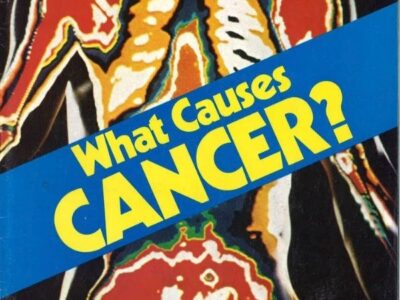In the trenches on the medicine wards and smoking cessation clinics at Parkland Hospital and UT Southwestern Simmons Cancer Center, I see firsthand the increased prevalence of smoking in the Black population, their frequent use of menthol, and the ravaging toll it takes on their health.
John Mark Cleland, the first man to be cured of metastatic testicular cancer, died Feb. 7, 2022 in Indianapolis. He was 71.
For decades, pinpointing the highest dose of a drug that cancer patients could tolerate was the first step investigators were required to take before moving into phase II and III clinical trials.
As more targeted cancer therapies hit the market, the maximum tolerated dose approach to cancer drug development no longer makes sense, said Brian Booth, director of FDA’s Division of Cancer Pharmacology I, at the April 21 meeting of the FDA Oncologic Drugs Advisory Committee.
Although there are more than 11 million LGBTQ+-identifying individuals in the U.S., this population remains “invisible in the research”—presenting a problem for cancer centers trying to better serve their catchment areas, said Zul Surani, associate director of community outreach and engagement at Cedars-Sinai Cancer.
FDA has announced proposed product standards that would prohibit menthol as a characterizing flavor in cigarettes and prohibit all characterizing flavors other than tobacco in cigars.
Join Karen Knudsen, CEO of the American Cancer Society, May 9 at 6 p.m. EST in conversation about health equity as it relates to working with communities and advocating for access to care.
William L. Dahut, the NCI clinical director, was named chief scientific officer of the American Cancer Society.
A care hotline and resource hub for Ukrainian cancer patients established by the American Cancer Society, the American Society of Clinical Oncology, and the Sidney Kimmel Cancer Center – Jefferson Health has recruited several hundred volunteers as the organizations work to develop a lasting infrastructure to support those displaced by the crisis.
Ukrainian refugees and displaced persons with cancer are fighting a double war for survival—which is why aid networks and providers must prioritize psychosocial oncology, said Csaba Dégi, executive secretary of the International Psycho-Oncology Society.














